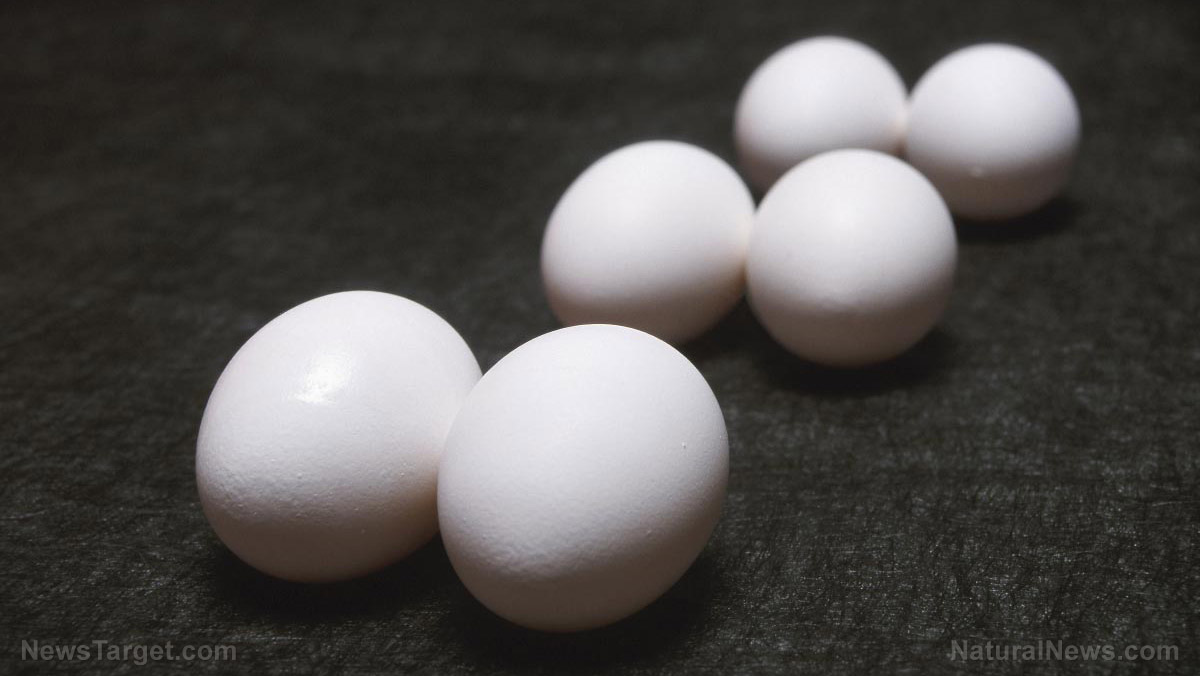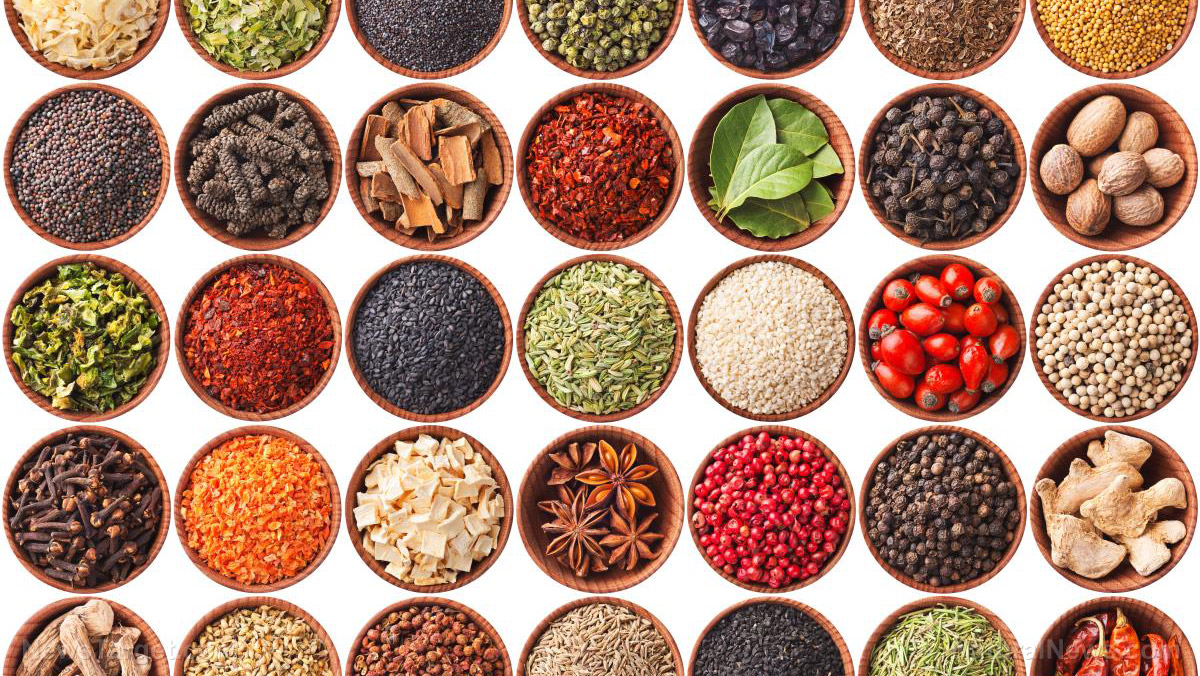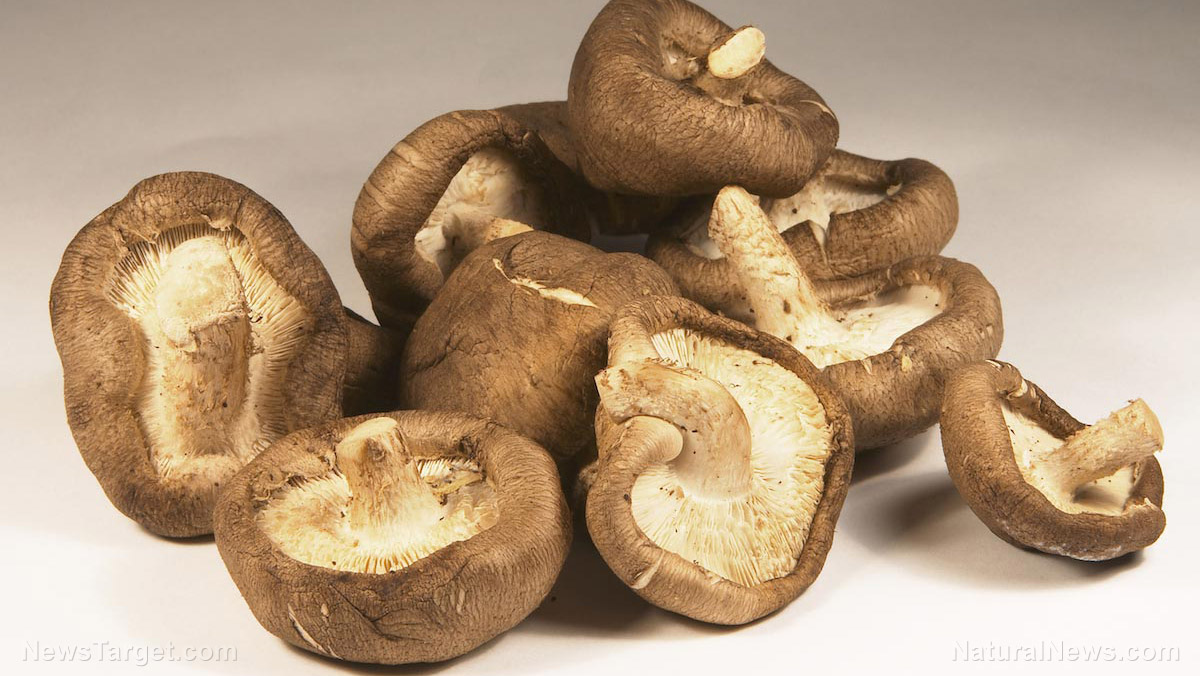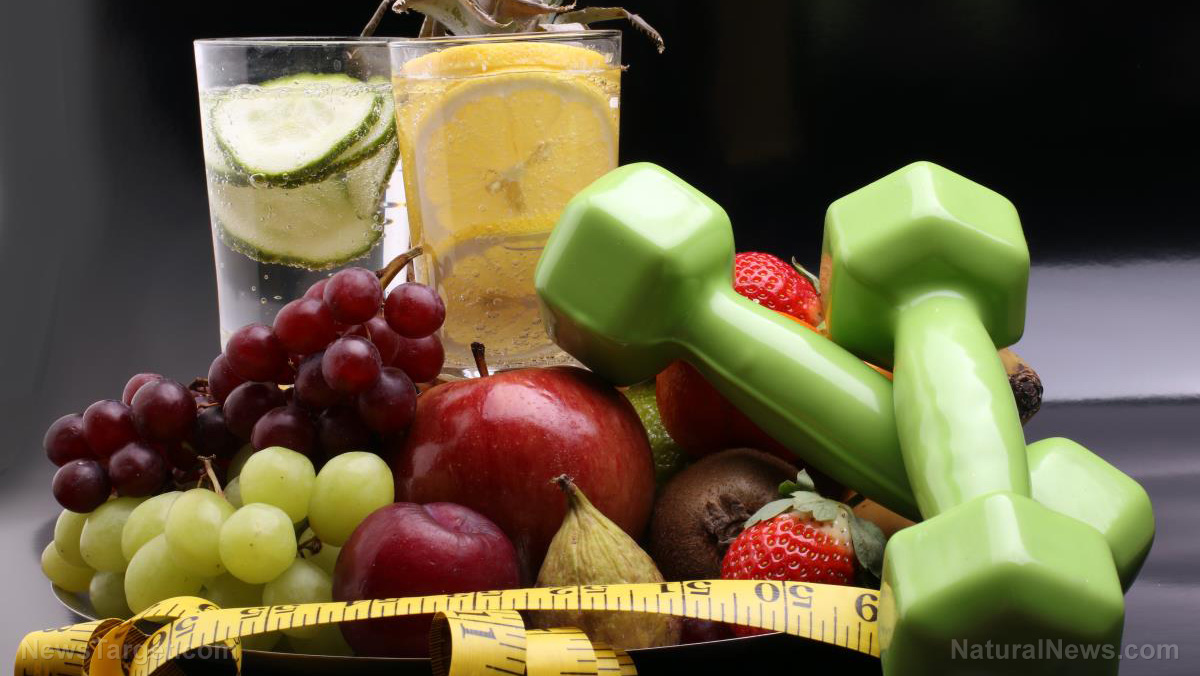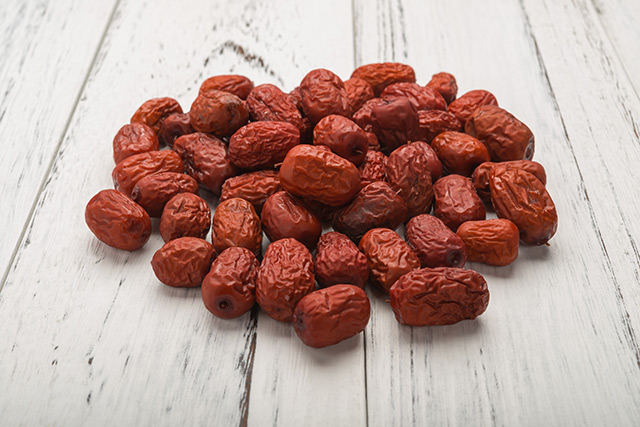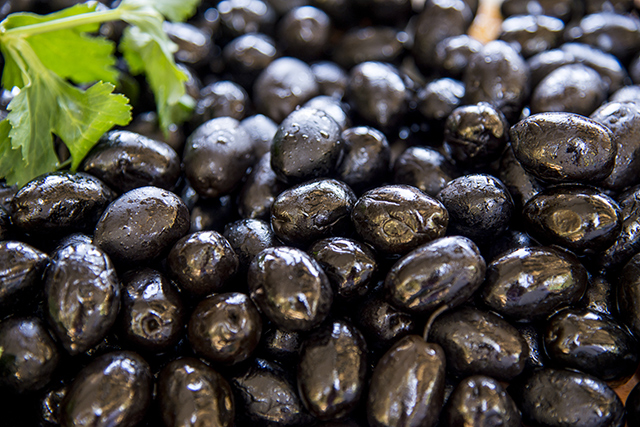An Ayurvedic medicine is proven to elevate sperm count and help with male sexual dysfunction
09/26/2018 / By Rhonda Johansson
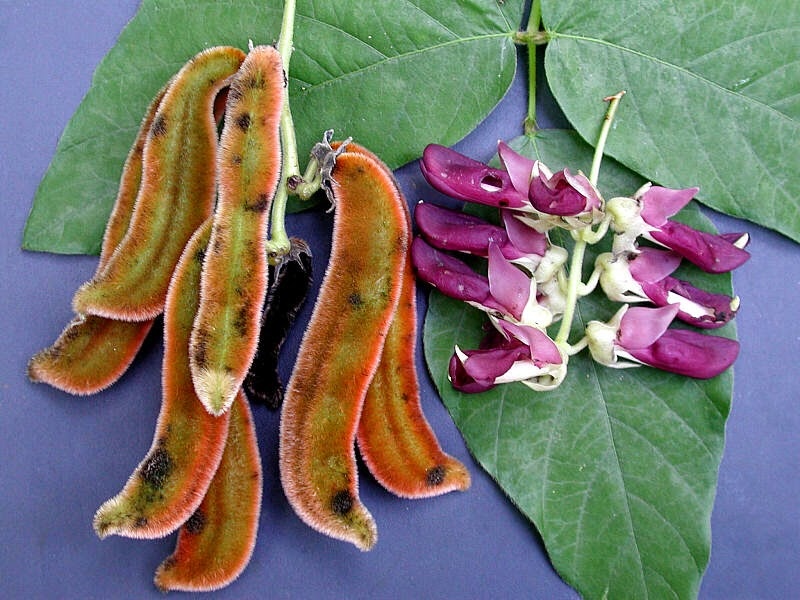
Couples trying to conceive a child are often shocked and discouraged when they are told that a potential cause to their infertility is a low sperm count in the man. It is estimated that difficulties with sperm number and their quality contribute to around half of all fertility problems. This is often a sensitive topic for males and stressing over the problem contributes further to their condition. Psychological factors play a significant role in sexual function, and males with a low sperm count may find themselves having difficulties keeping an erection or having a sustained interest in sex due to stress.
A 2016 study published in the International Journal of Ayurvedic Medicine may provide hope for these individuals. It was found that velvet bean, which is known in Indian ethnomedicine folklore as Kapikacchu churna, is a safe and natural alternative for male sexual dysfunction, particularly in relation to sperm health.
Fifteen males, all of whom were diagnosed with one form or another of sexual dysfunction, were observed for a month. These men were asked to drink five grams of ground velvet bean mixed in warm milk twice a day for 30 days. Each day, their total sperm count and their sperm motility (the “swimming” ability of the sperm) were measured. Authors of the study found that the continued consumption of velvet bean improved both parameters.
Interestingly enough, all of the observed men said that they found themselves enjoying more pleasurable sex after the experiment. This may be more psychological than anything else. It was hypothesized that these men had more intense coital experiences because they were less stressed about their sperm quality.
Male sexual dysfunction needs to be talked about
It is difficult to estimate the prevalence of male sexual dysfunction in the world. Men are typically too shy to go to their doctors about it. As such, current data on the condition’s prevalence is splotchy at best. Present research suggests that around five percent of males have one form or another of sexual dysfunction, but this number may be higher.
Male sexual dysfunction is classified into four major areas: erectile dysfunction (the difficulty in getting and/or keeping an erection); premature ejaculation (reaching an orgasm too quickly); delayed or inhibited ejaculation (taking too long to reach an orgasm or not reaching one at all); and low libido (a reduced or complete lack of interest in sex).
Each of these types may be caused by both physical and psychological causes. Age, for example, is a factor in testosterone decline and poor sperm motility. The use of prescription drugs such as antidepressants and certain high blood pressure medicine likewise can contribute to the condition. Studies have also shown that smoking, alcoholism, and drug abuse may further exacerbate sexual dysfunction. (Related: Five factors that can lower sperm count in men.)
What may start out as a physical manifestation of an illness or incorrect lifestyle habits may develop into a more psychological condition. Men may find themselves unable to please their partner and suffer from intense stress or even depression. This only makes it more difficult to have sex.
There are natural ways to address this, though. The first and most important is to make healthier lifestyle choices. Eat a diet high in antioxidants and supplement regularly with such nutrients as vitamin C, zinc, selenium, L-carnitine, CoQ10, and glutathione. As was shown with this study, you may also wish to try velvet bean.
Maintain a healthy BMI as well. Being overweight can reduce your sperm count as excess fat can increase the temperature around your testicles.
Lastly, contrary to popular belief, “saving” your sperm does not help with low sperm count. While abstaining from sex can increase semen volume and number of sperm, frequent ejaculation improves sperm motility and morphology. Medical experts agree that frequent sex (and to a lesser degree, masturbation) can improve sperm health better than abstinence.
You can read more ways on how to improve your sexual health at NaturalCures.news.
Sources include:
Tagged Under: Ayurvedic medicine, male sexual dysfunction, men's health, natural cures, Natural Treatments, sexual dysfunction, sperm motility, total sperm count, velvet bean

